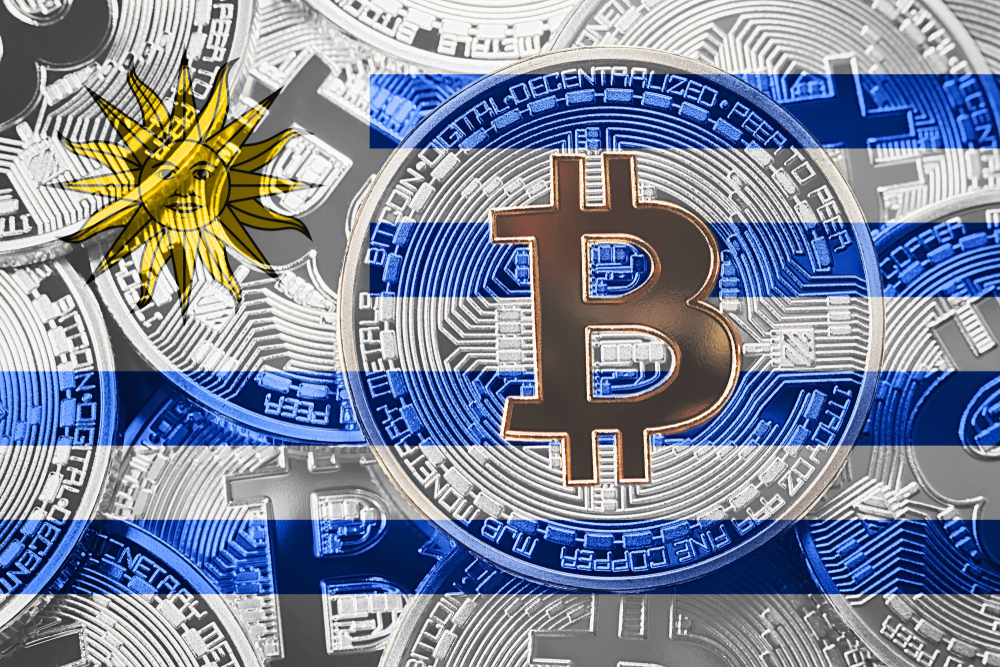The Central Bank of Uruguay has made a groundbreaking move by officially authorizing a Ripple partner as a money transfer firm. This development marks a significant milestone in the development of blockchain technology as the country embraces the innovative payment system Ripple offers.
With this move, it is clear that Uruguay is taking a step towards becoming a leader in the global blockchain economy. Rafael Aguiar Menéndez of Uruguay made public the document, dated March 7, 2022, on the Central Bank of Uruguay’s website just a few days back.
Edo Farina, CEO of Alpha Lions Academy, brought out the news. The record is still obtainable on the BCU webpage.
Ripple’s precise role remains unknown. Nonetheless, the document shows that the Central Bank licensed LATAM SOFTWARE SAS, a Ripple partner, as a “money transfer corporation” and approved it to provide crypto services and solutions in association with Ripple.
The content also included the details and documentation needed to meet the requirements of outsourcing service regulations. Such requirements include the new Operational Continuity Plan, which accords with Mati Technologies, Inc. and Ripple Services, Inc., and the AWS, Amazon Web Services, Inc. user agreement system.
The document suggests that Mati Technologies, a Mexican business, meets the criteria necessary to serve as the technology platform provider for the customer registration process (KYC).
Per the agreement with Ripple Services Inc., LATAM SOFTWARE SAS was granted permission to utilize RippleNet to facilitate and streamline data exchange between correspondents.
What Does This Mean For Ripple?
Meanwhile, Wrathof Kahnemann, a well-known XRP community member, offered some insights on the implication of this development for Ripple. “Digging a bit deeper, it appears they might be looking to get into a contract with Ripple involving messaging and data but not utilizing ODL,” Wrathof said.
Upon inquiry, Menéndez stated that the Bank of Uruguay (BCU) approved LATAM Software SA to utilize Ripple services rather than traditional payment methods or the XRP-based On-Demand Liquidity technology.
Furthermore, He mentioned that he had reached out to the president and vice president of BCU through LinkedIn but had not received any response.
In November 2017, Uruguay made history as the first nation to initiate a widespread experiment with a CBDC (e-Peso). This CBDC utilized a privately-run payment system instead of blockchain technology.
Despite the successful trial, it remains to be seen if the nation will issue a Central Bank Digital Currency (CBDC). Nevertheless, this development could be a significant boost for XRP and Ripple, as it could help to increase the reach and acceptance of their products and services.
